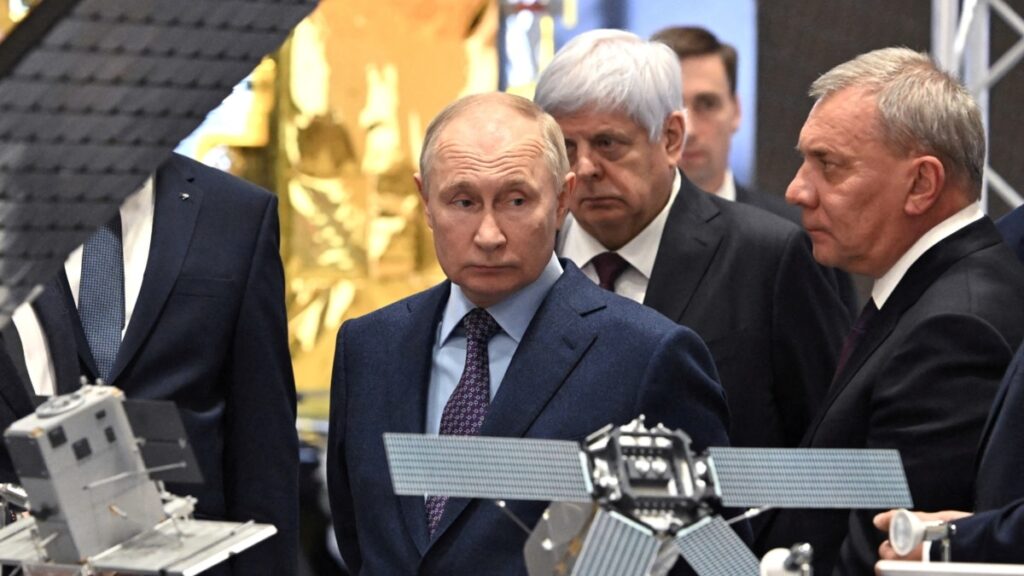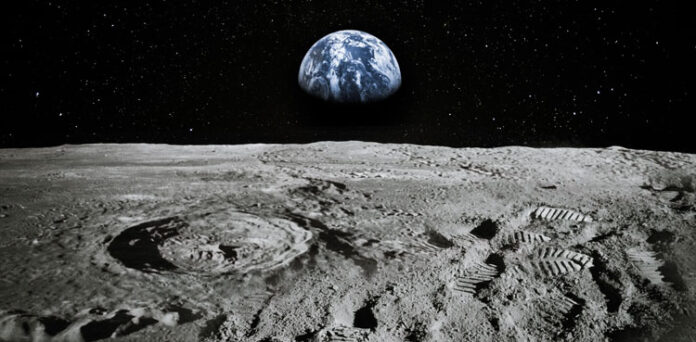Russia-China’s Joint Nuclear Power Plant Project on Moon

Introduction
According to Yuri Borisov, the head of Russia’s space agency Roscosmos, Russia and China are contemplating building a nuclear power plant on the moon between 2033 and 2035. This may potentially pave the way for the construction of lunar settlements in the future, as there are concerns over the limitations of solar panels in fulfilling the need. Borisov, a former deputy defense minister, said “Today we are seriously considering a project, somewhere at the turn of 2033-2035 to deliver and install a power unit on the lunar surface together with our Chinese colleagues.” He added, Russia and China have been working together on a lunar program, and that Moscow will offer its nuclear space energy knowledge for the joint project. Earlier, Beijing and Moscow inked a deal in March 2021 to construct an international lunar research outpost. An unmanned Chang’e-6 probe is scheduled to launch in May 2024 as part of China’s lunar exploration mission to gather lunar material. Moreover, Chinese scientists unveiled plans in 2022 to create a nuclear energy system to suit the long-term energy needs of a lunar base.
Competition for Space Supremacy
The announcement of Russia-China’s joint nuclear power plant project on Moon came at a time when space exploration is becoming more competitive. In this new frontier, the United States, China, Russia, and other countries including India and France are also fighting it out for space supremacy. The U.S. will assess the development related to China-Russia joint venture closely given it has long concentrated on using solar power for its space missions. The U.S. space agency NASA has also proposed using nuclear reactors to power future lunar settlements. NASA said in 2022 that they will be selecting concept proposals for a nuclear power system that might be prepared for launch by the end of the decade, in collaboration with the U.S. Department of Energy as a result contracts were given to three companies.

According to some reports, the United States has concerns that Moscow is working on a space nuclear weapon, the explosion of which could destroy the satellites supporting vital U.S. infrastructure, such as mobile phone services and military communications. Borisov denied the charges and backed with President Vladimir Putin, stating that Russia is against deploying nuclear weapons in space. In February 2024, the Russian President rejected the American charges, claiming that it is an attempt to force Russia to enter armament talks on the terms set up by the West. To conclude, the race for space dominance among the United States, Russia, and China is expected to intensify further. Each country has unique strengths and constraints in space development. As the competition unfolds, international cooperation is critical in navigating this complicated landscape, responsible resource management and ensuring peaceful exploration.